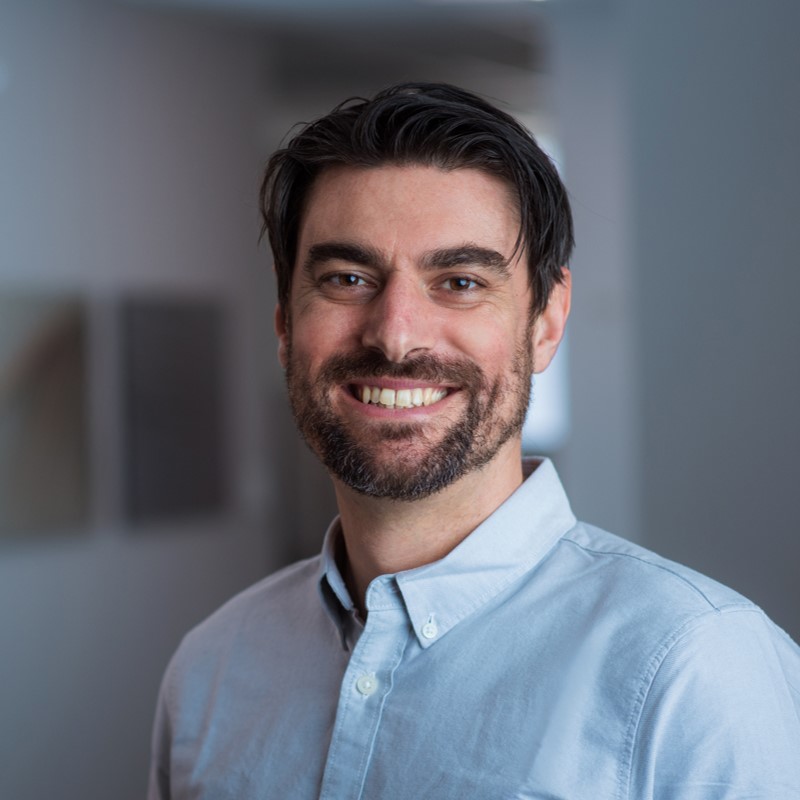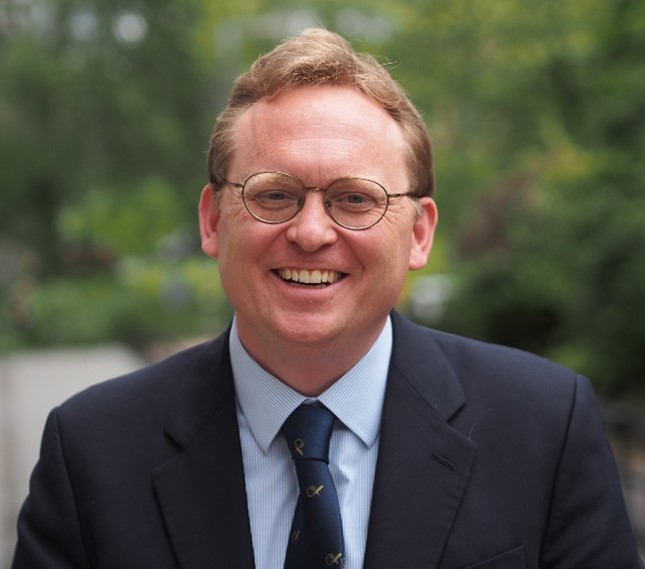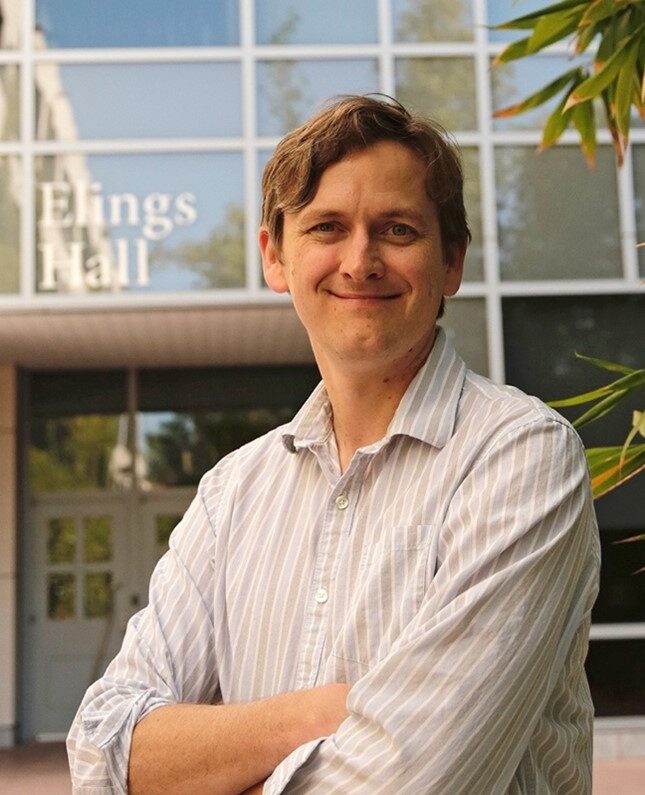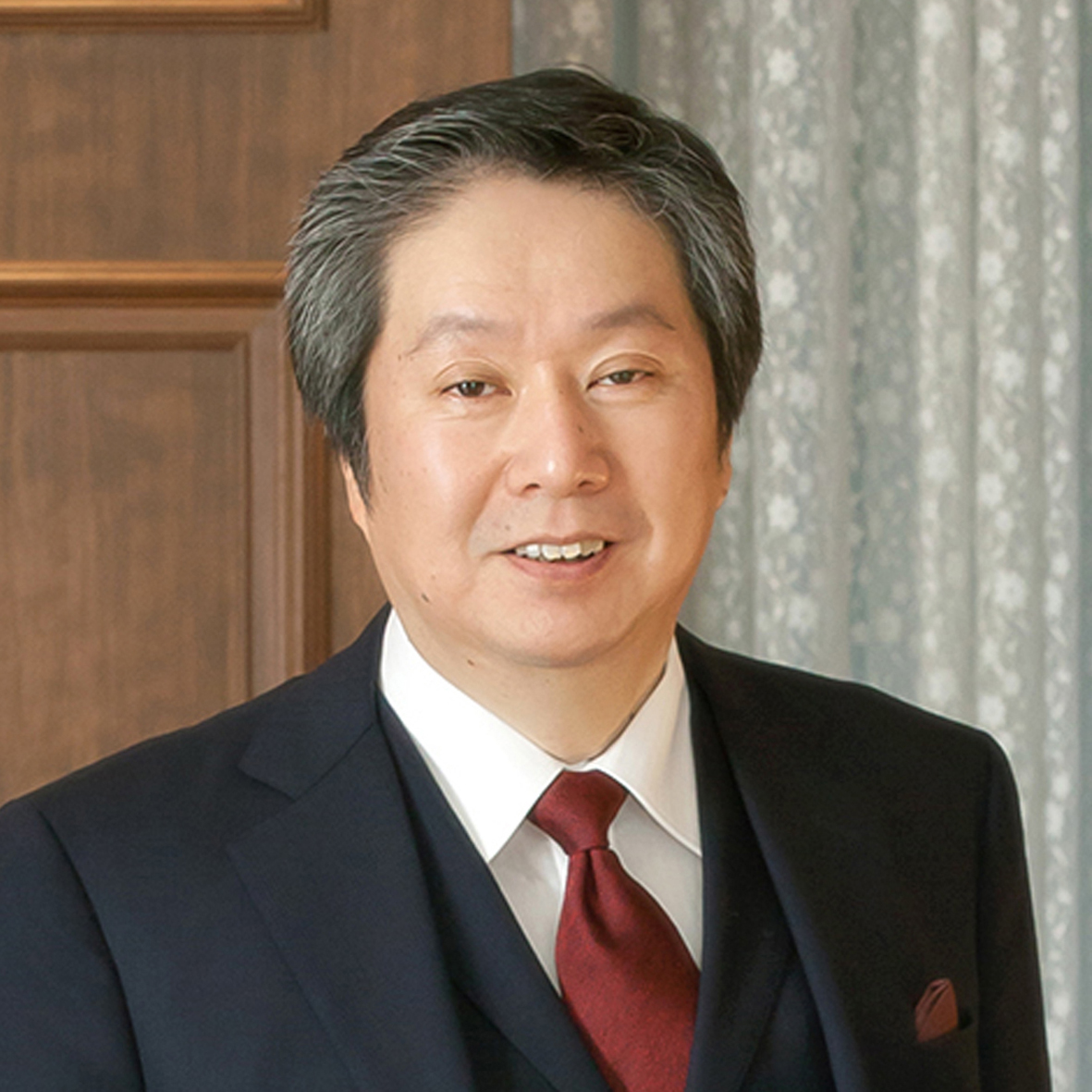
- HOME
- Plenary Speakers
Plenary Speakers

Dr. Brandon Sorbom
Co-founder and Chief Scientific Officer
Commonwealth Fusion Systems (USA)
Brandon Sorbom co-founded CFS with the goal of commercializing fusion energy in time to combat climate change by developing innovative high temperature superconducting (HTS) magnet technology. He currently serves as Chief Scientific Officer leading the scientific direction of the company. This includes managing hardware R & D, ensuring a robust and well-characterized HTS supply chain, and progressing the technical design of CFS’ demonstration fusion power plant, called ARC. Under his leadership, CFS is now the world’s leading buyer of HTS.
Sorbom earned a BS in Electrical Engineering and Engineering Physics from Loyola Marymount University and a PhD in Nuclear Science and Engineering from MIT. While working on his PhD at MIT, Sorbom was the lead author of the paper that proposed the original design for ARC that inspired the founding of CFS in 2018. He was also named a “35 Under 35” Honoree from MIT Technology Review.

Prof. Robert Hadfield
The University of Glasgow (UK)
Robert Hadfield is Professor of Photonics in the James Watt School of Engineering at the University of Glasgow, Scotland. Robert received his PhD from the University of Cambridge, UK in 2003. He was a postdoctoral researcher at the US National Institute of Standards and Technology (NIST) in Boulder, Colorado from 2003 to 2007. He returned to the UK as a Royal Society University Research Fellow in 2007, establishing a research group at Heriot-Watt University, before joining the University of Glasgow in 2013. He is a Fellow of the Institute of Physics, the Institution of Engineering and Technology, Optica and the Royal Society of Edinburgh. He was awarded the 2019 James Joule Medal of the Institute of Physics for his outstanding work in Applied Physics.

Prof. Stephan D. Wilson
UC Santa Barbara (USA)
Stephen Wilson currently serves as a Professor in the Materials Department at the University of California, Santa Barbara, where he also co-directs the National Science Foundation’s Quantum Foundry on campus. He received his Ph.D. in Physics from the University of Tennessee, Knoxville in 2007, followed by a postdoctoral fellowship at Lawrence Berkeley National Lab in Berkeley, California. Prior to joining UC Santa Barbara in 2014, he served on the physics faculty at Boston College from 2010-2014. Prof. Wilson’s research group focuses on the synthesis and characterization of a variety of quantum materials, with particular emphasis given to unconventional superconductors, correlated metals, and quantum magnets. His group also works to develop new single crystal growth methods and employs advanced neutron and synchrotron x-ray scattering techniques/spectroscopies for the study of quantum materials. Prof. Wilson was recently elected as a fellow of the American Neutron Scattering Society in 2022.

Prof. Takanobu Kiss
Distinguished Professor, Kyushu University (JAPAN)
Director of Research Institute of Superconductor Science and Systems (RISS)
Director of Low Temperature center
Senior Program Officer, Research Center for Science Systems, JSPS
Professor Takanobu Kiss received his doctorate in 1991 from Kyushu University (KU), Japan. That April, he became a faculty member of KU, and has been a full professor of Dept. of Electrical Engineering of KU since 2007. Currently, he is the Director of both Research Institute of Superconductor Science and Systems, and Low Temperature Center at KU. He is also appointed as Senior Program Officer of Research Center for Science Systems, Japan Society for the Promotion of Science (JSPS) since April 2023. He is expert in the area of superconducting materials characterization. He has developed novel techniques including in-situ operand measurements to clarify local electromagnetic properties of superconducting materials and coil windings. Especially, he has recently succeeded in upgrading functions of the magnetic microscopy by introducing machine-learning based analyses. These studies focus on understanding and resolving key performance issues of superconducting practical materials. He has published 200+ research papers, 5 book chapters, and given 60+ invited talks at international conferences. He is recipient of 15th JSAP Fellow Award in 2021 from Japan Society of Applied Physics (JSAP), Outstanding Achievement Award in 2018 from Cryogenics and Superconductivity Society of Japan (CSSJ), 19th Superconductor Science and Technology Award in 2015, and 10th Superconductor Science and Technology Award in 2006 both from the Society of Non‐Traditional Technology.
He has been also contributing to the management of international academic organizations and conferences. He is currently a Board Member of Int’l Cryogenic Engineering Committee (ICEC), Int’l Cryogenic Materials Conference (ICMC), European Society for Applied Superconductivity (ESAS), AdCom of the IEEE Council on Superconductivity (CSC), and CSSJ.